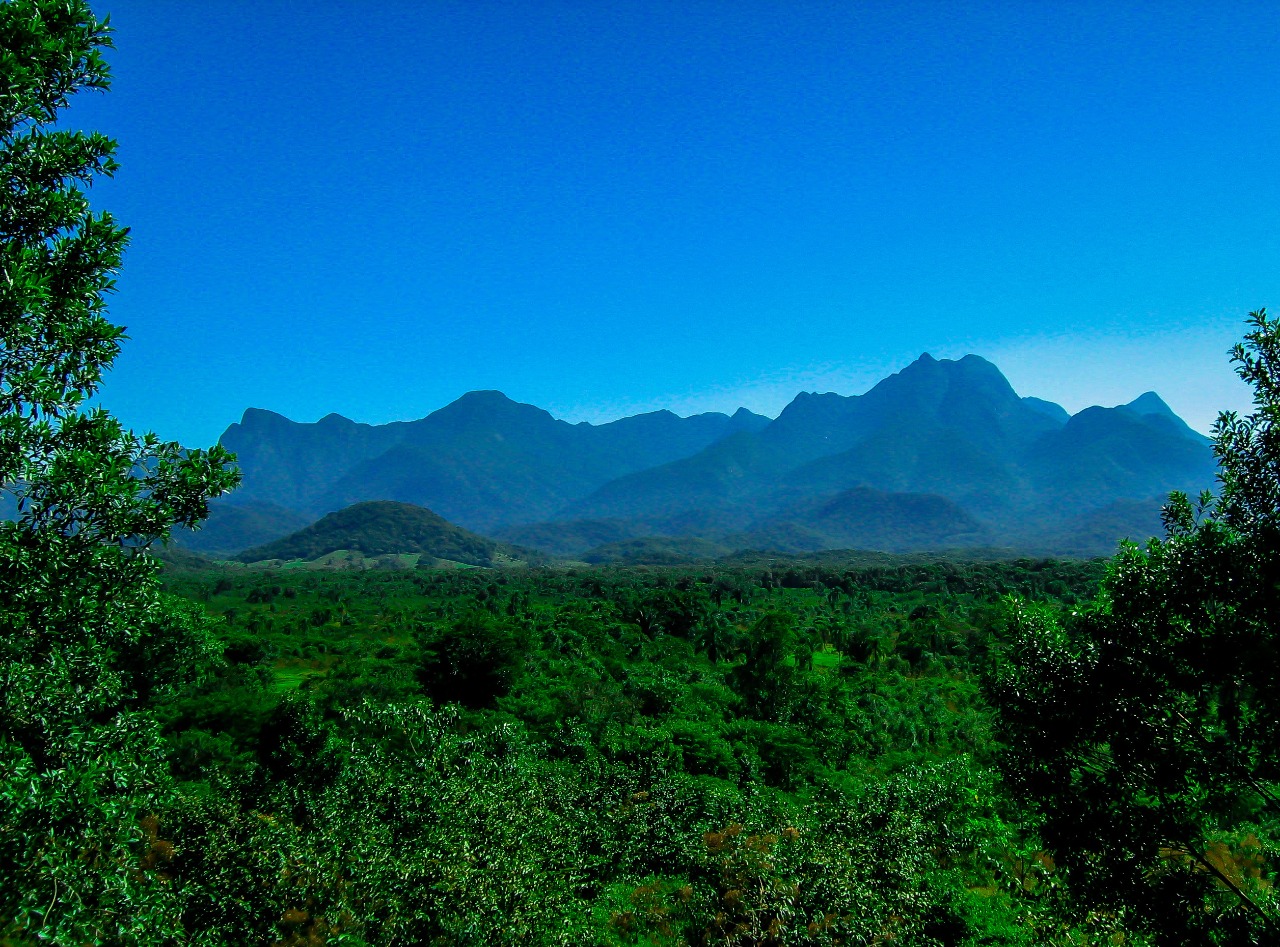The initiative Great Atlantic Forest Reserve has the opportunity to make himself known internationally by being present on one of the panels of the 26th United Nations Climate Change Conference (COP26).
The panel “Multilevel Action for Biodiversity and Climate: A Global Challenge and Lessons from Latin America” is led by York University, Toronto, Canada. The multi-stakeholder event focuses on strengthening the links between biodiversity and climate through research, policy and joint action. Brazilian representatives explain how it is possible to align actions in favor of climate, biodiversity and people.
In addition to the Canadian university, the event also features Imperial College London; Foundation of the Boticário Group; Oro Verde Rainforest Foundation; Global Adaptation Center; German Development Institute (DIE); Defensores de la Naturaleza Foundation; CDP Latin America; IDDRI and the participation of Ricardo Borges, marketing and networking coordinator of the Grande Reserva Mata Atlântica initiative of the Wildlife and Environmental Education Research Society (SPVS).
On the occasion, Brazilian representatives will share the example of the Grand Atlantic Forest Reserve – the largest continuous vestige of the biome on the planet, with 2.2 million hectares including the states of Paraná, Santa Catarina and São Paulo. – as a reference on how the union between people, entities, academic institutions, public and private initiative is able to strengthen efforts in favor of sustainable development based on the conservation of biodiversity and help mitigate the effects of climate change.
Anke Manuela Salzmann, Business and Biodiversity Specialist at Fundação Grupo Boticário, another major supporter of the initiative, also participates in the event, explaining how it is possible to make a business case for conservation and adaptation of nature. Anke will present the Viva Água movement, which brings together stakeholders from different sectors to promote water security and adaptation to climate change through nature conservation and restoration, as well as direct impact investments in a basin strategic slope of southern Brazil.
Also participating in the Alexandra Deprez panel, from IDDRI (Institute for Sustainable Development and International Relations) – which will address the main challenges for carrying out significant actions on climate change and biodiversity -, Andy Purvis, research manager at Natural History Museum in London and an affiliate of the Grantham Institute for Climate Change, a group that studies climate change at Imperial College London, which will discuss how to better measure and forecast the progress of biodiversity.
The panel also includes Ineke Naendrup, project manager at OroVerde, a forest protection institution based in Germany, and Heidy García, from the Fundación Defensores de la Naturaleza. They will discuss ways to improve approaches that benefit Earth’s climate, nature and life.
Great Atlantic Forest Reserve
The Grand Atlantic Forest Reserve is the largest continuous remnant of this biome in the world. There are 2.2 million hectares of natural ecosystems spanning 50 municipalities in three states. This region is home to some of Brazil’s oldest colonial cities, as well as traditional and indigenous communities, all within walking distance of two of the country’s largest urban centers: São Paulo and Curitiba. With the standing forest and abundant wildlife, it is possible to offer visitors authentic ecotourism experiences while creating jobs, generating income and improving the quality of life for many Brazilians.

“Evil alcohol lover. Twitter junkie. Future teen idol. Reader. Food aficionado. Introvert. Coffee evangelist. Typical bacon enthusiast.”
